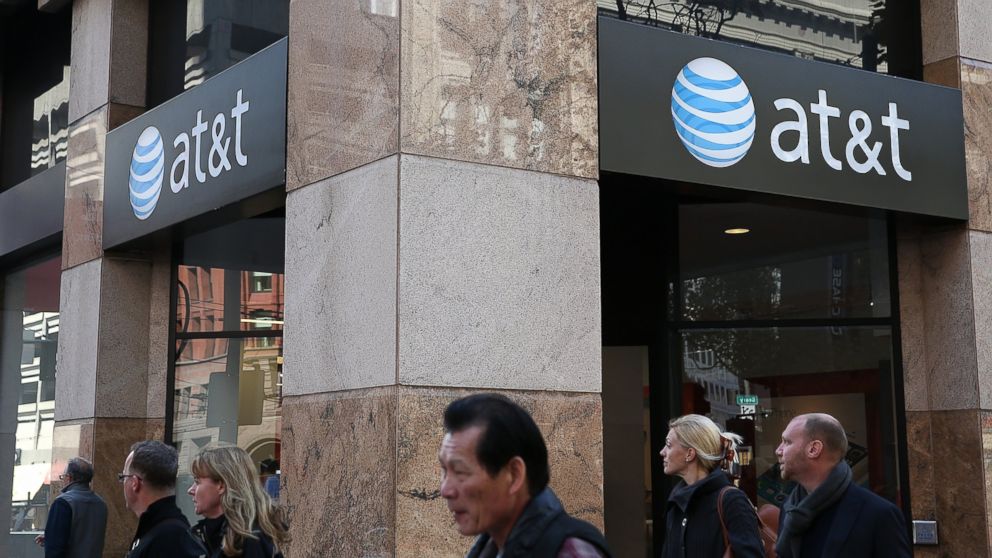FTC Alleges AT&T Slowed Speeds for Unlimited Data Customers
Mobile carrier said it was up front with customers about potential slowdown.

— -- Millions of AT&T customers who paid for unlimited data plans faced speeds that were slowed by as much as 90 percent, according to a federal lawsuit filed today by the Federal Trade Commission.
While the mobile carrier's subscribers cruised down the metaphorical wireless highway marked "unlimited," the FTC alleges their speed were throttled after they used a certain amount of data in a billing cycle, leading to Web browsing, GPS navigation and streaming video speeds that became "difficult or nearly impossible" to use.
"The issue here is simple: 'unlimited' means unlimited," FTC Chairwoman Edith Ramirez said in a statement.
Starting in 2011, AT&T has throttled the bandwidth of at least 3.5 million customers a total of more than 25 million times, the FTC alleges in its lawsuit, which also accuses AT&T of slowing down customers who used even as little as 2 gigabytes of data in a single billing period.
Wayne Watts, senior executive vice president and general counsel for AT&T, called the lawsuit "baseless" and said the mobile carrier has been forthcoming with customers from the start about how it planned to handle the increased demand for wireless.
A news release dated July 29, 2011, on the company's website warns that subscribers with unlimited data plans may experience reduced wireless speeds when their usage exceeds a certain threshold in a billing cycle "that puts them among the top 5 percent of heaviest data users."
Watts said the notice resulted in nearly 2,000 news stories at the time before the program was later implemented on Oct. 1, 2011.
"We have been completely transparent with customers since the very beginning," Watts said.




